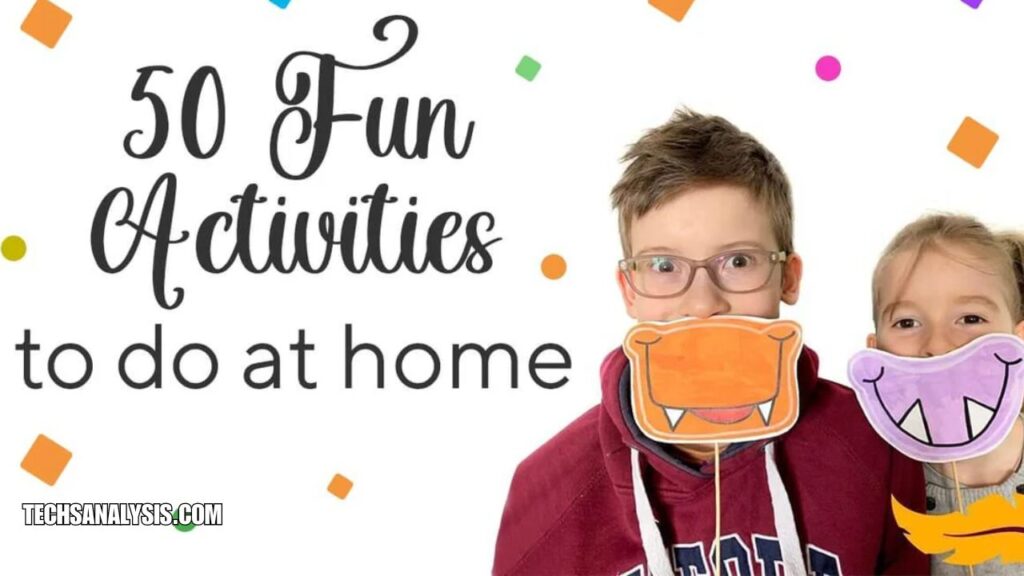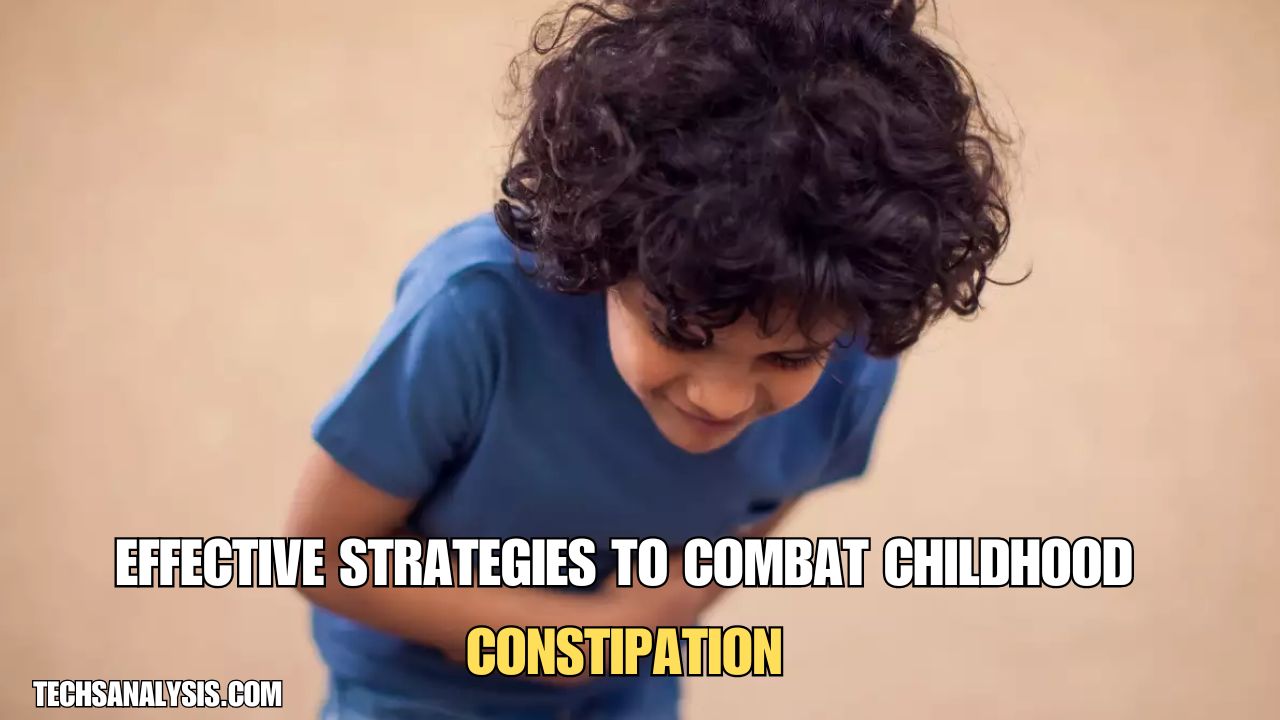Discover playful and effective strategies to relieve childhood constipation. Learn fun activities, dietary tips, and when to seek professional help.
Table of Contents
Effective Strategies to Combat Childhood Constipation
Childhood constipation is a common issue many parents face. This problem can cause discomfort and frustration for both kids and their caregivers. Fortunately, there are creative and playful ways to tackle constipation and make the experience enjoyable for everyone involved.
Understanding Childhood Constipation
The Common Issue of Childhood Constipation
Childhood constipation is more common than many parents realize. It can be a frustrating experience for both children and their caregivers. When little ones have difficulty passing stools, it often leads to discomfort and mood swings. Many factors contribute to this issue, such as dietary habits, lack of physical activity, and even emotional stressors.
Understanding the Causes and Symptoms
Understanding the causes of childhood constipation can help alleviate your child’s discomfort. Diet plays a significant role, as a lack of fiber-rich foods like fruits and vegetables can lead to harder stools. Dehydration is another factor, as kids sometimes forget to drink enough water during their busy days. Stress can also contribute; changes in routine, like starting school or moving houses, may affect bathroom habits.
Traditional Treatments and Their Limitations
Traditional treatments for childhood constipation often involve over-the-counter laxatives or stool softeners. While these can provide quick relief, they don’t always address the root of the problem. Many parents find themselves relying on these solutions repeatedly, and medications may come with side effects such as stomach cramps or diarrhea. These methods often overlook emotional and behavioral factors contributing to constipation.
Introduction to Play Therapy for Constipation Relief
What is Play Therapy?
Play therapy is a creative and enjoyable method to address childhood constipation. It shifts the focus from discomfort to fun, allowing children to engage without stress. By turning routines into games, you can make bathroom visits less daunting.
Benefits of Play Therapy
Through play, children may express their feelings about constipation in ways they can’t articulate verbally. This emotional release helps them understand their bodies better. Incorporating toys or puppets during bathroom time can transform what often feels like a burden into an adventure.
Fun and Simple Activities to Try at Home

Bathroom Games
Turning the bathroom into a fun space can make all the difference. Try creating a “potty time” song together. Singing as they go may lighten their mood and help them relax. Crafting a “toilet paper roll” target game is another playful idea. Place targets in the bowl and encourage your child to aim while sitting down, making it a friendly competition.
Storytelling and Toys
Explore storytelling during potty breaks. Tell stories about characters facing silly challenges that revolve around tummy troubles or funny bathroom adventures. Consider using toys for distraction, such as rubber duckies, to help your child play while waiting patiently.
Incorporating Diet and Nutrition in a Playful Way
Creative Food Presentation
Making mealtime fun can significantly impact your child’s digestion. Turn vegetables into characters—carrot sticks as wands, cucumber slices as sunglasses. Engaging their imagination makes them more likely to try new foods. Create a “Rainbow Plate” filled with colorful fruits and veggies, encouraging kids to eat a spectrum of colors for health benefits.
Fun with Smoothies and Hydration
Smoothies are another playful option. Let your child pick ingredients from a selection of fruits, yogurt, and even spinach! Blend these together and watch their delight when they taste something deliciously green. Make drinking water enjoyable by using fun straws or infusing water with fruit flavors like berries or citrus.
Consulting with a Professional for Severe Cases
When to Seek Help
Sometimes, home remedies and playful approaches aren’t enough. If your child’s constipation persists, seeking professional help is essential. Pediatricians can assess the situation better than anyone and conduct thorough evaluations to rule out any underlying conditions. They may recommend medications or specific dietary changes if required.
Benefits of Professional Consultation
Involving professionals provides peace of mind for parents. It reassures you that you’re addressing the problem correctly while keeping your little one healthy and happy. Remember, it’s always okay to ask for help when needed; every parent wants what’s best for their child.
Conclusion: Finding Joy in Relieving Your Child’s Discomfort
Finding playful and effective ways to address your child’s constipation can transform a challenging situation into an opportunity for bonding and joy. By incorporating fun activities, engaging games, and creative dietary changes, you not only alleviate discomfort but also foster positive habits that support their overall well-being. When children see the process of relief as enjoyable rather than stressful, they’re more likely to participate willingly. Whether it’s using storytelling during bathroom time or turning healthy eating into a colorful adventure, these strategies can create lasting memories while promoting better digestive health.
FAQs About Childhood Constipation
What is childhood constipation?
Childhood constipation occurs when a child has infrequent or difficult bowel movements, leading to discomfort and pain.
What are common symptoms?
Symptoms include infrequent bowel movements, hard stools, abdominal pain, and traces of stool in underwear.
What causes childhood constipation?
Common causes are low fiber diet, dehydration, lack of physical activity, stress, and fear of using the toilet.
How can I help my child at home?
Encourage a high-fiber diet, ensure adequate water intake, promote physical activity, and create a positive bathroom routine.
What is play therapy for constipation?
Play therapy uses fun activities like storytelling, games, and toys to make bathroom time less stressful for children.
When should I consult a professional?
Seek medical advice if constipation persists, there is severe pain, blood in stool, significant change in bowel habits, or weight loss.
Are over-the-counter laxatives safe for children?
They can be used but should be done so under the guidance of a healthcare professional due to potential side effects.
How can I make sure my child gets enough fiber?
Serve a variety of fruits, vegetables, whole grains, and legumes daily.
What are fun ways to encourage drinking more water?
Use colorful cups and straws, add fruit slices for flavor, and make drinking water a game.
How can I make dietary changes fun?
Turn vegetables into fun shapes, create colorful plates, let children help prepare meals, and make smoothies together.
Can stress cause constipation?
Yes, stress and changes in routine can affect bowel habits and contribute to constipation.
How long does it take to see improvements? Improvements can be seen within a few days to a few weeks with consistent changes in diet and habits.
Are there long-term effects of untreated constipation? Yes, it can lead to complications like chronic pain, fecal impaction, and emotional stress.
What are signs of serious constipation? Severe pain, blood in stool, weight loss, persistent vomiting, and fever require medical attention.

